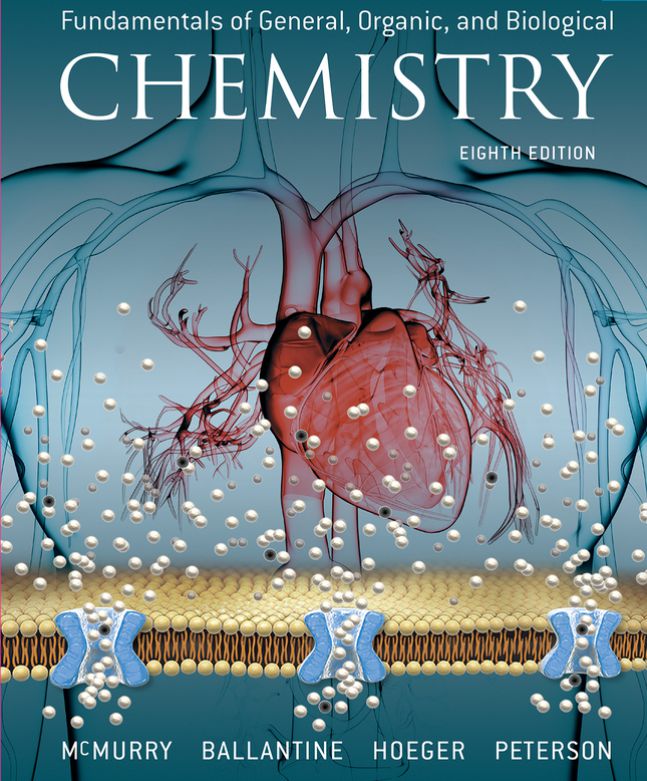Textbook Question
Which of the following conversions would you expect to consume energy and which would you expect to yield energy based on the final oxidation state of the coenzymes involved in each reaction?
a. pyruvate → lactate
626
views

 Verified step by step guidance
Verified step by step guidance



Which of the following conversions would you expect to consume energy and which would you expect to yield energy based on the final oxidation state of the coenzymes involved in each reaction?
a. pyruvate → lactate
Why is it important for muscle cells to export lactate into the bloodstream during heavy exercise?
Why is it important for the cell that the NADH produced when pyruvate is converted to lactate be converted back to NAD+?
What are the characteristics of Type II diabetes?
Many diabetics suffer blindness due to cataracts. Why is this condition associated with this disease?
Is the same net production of ATP observed in the complete oxidation of fructose as is observed in the complete oxidation of glucose? Why or why not?